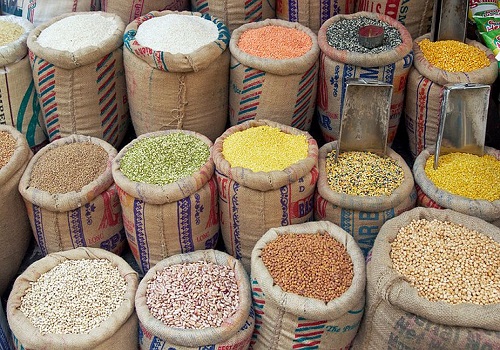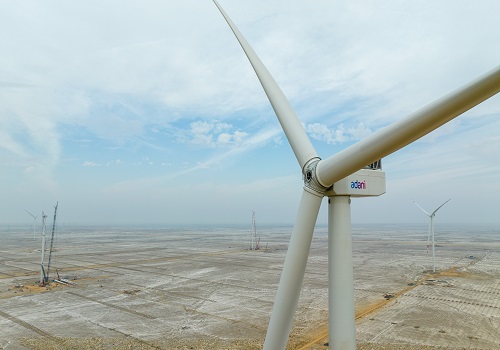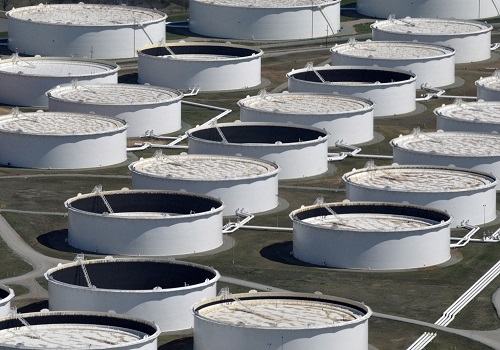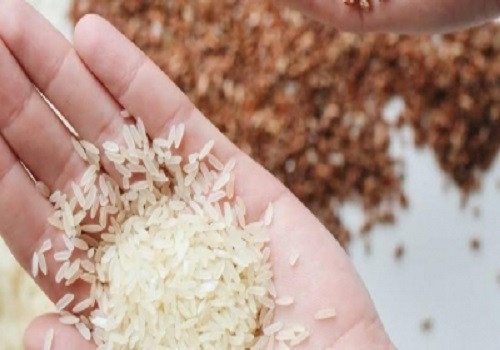China`s Grain Output Hits Record 706 Million Tons in 2024 by Amit Gupta, Kedia Advisory

China's grain production in 2024 reached a record 706.5 million tons, marking a 1.6% increase from 2023. Larger harvests of rice, wheat, and corn, driven by expanded planting and improved yields, contributed to the growth. Despite this, soybean output fell 0.9%, reflecting reduced planting areas. China's focus on food security led to investments in farm technology and stricter farmland protection policies. Rice production rose 0.5%, wheat increased by 2.6%, and corn reached a record 294.92 million tons. However, China remains heavily reliant on imports for certain grains like soybean and corn.
Key Highlights
* China’s grain output reached 706.5 million tons in 2024.
* Rice, wheat, and corn saw higher production, boosting totals.
* Soybean output fell 0.9% due to reduced planting size.
* Investments in technology supported record harvests.
* China remains reliant on imports for key grains.
China’s grain production achieved a new milestone in 2024, reaching 706.5 million tons, a 1.6% increase from 2023’s 695.41 million tons. Corn led the surge with a record 294.92 million tons, up 2.1%, followed by wheat at 140.1 million tons, a 2.6% rise, and rice at 207.5 million tons, up 0.5%. However, soybean output declined by 0.9% to 20.65 million tons due to reduced planting areas.
The robust performance of rice, wheat, and corn was attributed to expanded plantings and improved yields. The sown area for grain increased for the fifth consecutive year, reaching 294.9 million acres. Specifically, rice planting expanded by 0.2%, marking its first growth in four years, and corn planting rose by 1.2%. These gains highlight China’s commitment to boosting domestic production to ensure food security.
Despite these achievements, China remains dependent on imports, particularly for soybeans and corn. The country has heavily invested in farm technology and seed innovations to improve yields and reduce import reliance. However, natural disasters and declining planting sizes for some crops continue to pose challenges.
China’s agricultural policies emphasize farmland protection and food security, underpinning the record harvest. As the world's largest grain importer, Beijing's continued focus on increasing domestic production reflects its long-term strategy to mitigate external supply risks.
Finally
China's 2024 grain production highlights its commitment to food security, but reliance on imports for key crops remains a challenge.
Above views are of the author and not of the website kindly read disclaimer
























